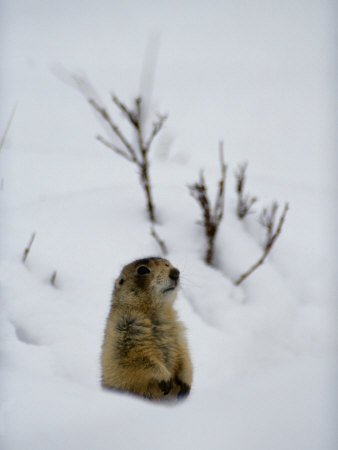 Plants get sick. They develop soft rot and leaf spot and cankers of all sorts. They suffer ulcerous lesions, mildews, and various wilts and scabs.
Plants get sick. They develop soft rot and leaf spot and cankers of all sorts. They suffer ulcerous lesions, mildews, and various wilts and scabs.Apple trees get fire blight, which blackens their leaves and twigs and is sometimes fatal. Potatoes are susceptible to late blight, as 19th century Ireland learned too well, and grapes are vulnerable to powdery mildew, which nearly wrecked the French wine industry.
In the U.S. alone, there are more than 25,000 known plant diseases causing crop losses of several billion dollars annually.
Figuring out how plants defend themselves against disease and bolstering those defenses has been a priority for agricultural researchers.
Continued at... Sacrificial Cells





